During the working trip of the Ho Chi Minh City delegation to the US led by Chairman of the Ho Chi Minh City People's Committee Nguyen Van Duoc, the Ho Chi Minh City Department of Finance signed a Memorandum of Understanding (MOU) with the Nasdaq Stock Exchange in New York. This is an important first step in the cooperation between Ho Chi Minh City and Nasdaq to promote the construction of the Vietnam International Financial Center in Ho Chi Minh City - one of the city's key goals by 2030.
Efforts to come into operation soon
According to the agreement, the two sides will cooperate in five key areas. First of all, promoting strategic cooperation in governance, capacity development and cross-listing between the two markets. Next is exchanging experiences in building legal frameworks, operating mechanisms, risk management and developing new financial products.
Nasdaq will also support Ho Chi Minh City in technology transfer and modern technical services to serve the formation and operation of an international financial center. In addition, the two sides agreed to coordinate in training high-quality human resources in the fields of securities, bonds, derivatives, digital assets and carbon credit markets, while strengthening connections between the financial communities of Vietnam, the US and the world.

Ho Chi Minh City leadership delegation on a working trip to the US last week
Chairman of the Ho Chi Minh City People's Committee Nguyen Van Duoc said that after signing the MOU, the two sides still have a lot of work to do and make efforts so that the International Financial Center in Ho Chi Minh City can come into operation in 2026.
Nasdaq is the world's first and largest electronic stock exchange, where leading technology corporations such as Apple, Microsoft, Google, Amazon, Meta, Tesla or Intel are listed. As a leading global stock exchange group, Nasdaq is not only a place to raise capital for businesses but also a center providing technology, data and risk management solutions for many financial markets around the world. The cooperation with Nasdaq is expected to help Ho Chi Minh City learn international standards in capital market management, thereby improving the operational capacity, transparency and competitiveness of the Vietnamese financial system.
Meanwhile, Ho Chi Minh City has been assigned by the Vietnamese National Assembly to build and develop an International Financial Center - a strategic step to affirm its role as the economic locomotive of the whole country. The city also aims to become a financial, industrial and innovation center of the Southeast Asian region.
According to Mr. Phil Wright, Senior Director of Banking at HSBC Vietnam, Vietnam's push to form an international financial center not only helps strengthen the capital market, but also creates an innovative ecosystem, enhances competitiveness and promotes long-term growth.
"Experience from leading financial centers shows that this is not only a place for capital transactions but also a catalyst for technological innovation, attracting investment and talent. To achieve that, a transparent legal foundation, long-term stable policies and close coordination between the public and private sectors are needed," Mr. Wright commented.
Investing in human resources
Ms. Nguyen Truc Van, Director of the Ho Chi Minh City Center for Socio-Economic Simulation and Forecasting (Ho Chi Minh City Institute for Development Studies), said the focus of the project to build an International Financial Center in Ho Chi Minh City is to develop core financial services, attract a diverse business ecosystem and position the city to become a leading fintech destination in the region.
According to Ms. Van, this financial center aims to attract investors in the fields of innovation, artificial intelligence, research and development (R&D), financial technology, big data and highly spillover industries.
Experts say that if Ho Chi Minh City wants to achieve its goal of being among the world’s top 50 financial centers by 2035, the city must make a leap forward, overcoming “bottlenecks” from legal transparency, digital infrastructure, financial and technological human resources to international branding strategies. In particular, the human factor is considered the “key” to success.
In order to meet this requirement, also during the working trip of the Ho Chi Minh City leadership delegation to the US, the University of Economics Ho Chi Minh City (UEH) signed a strategic cooperation agreement with the New York Institute of Finance (NYIF), one of the world's prestigious financial training organizations. According to the agreement, the two sides will coordinate to implement practical training programs on finance, investment and risk management according to international standards. The goal is to build a team of high-quality financial experts, consultants and operators, directly serving the operations of the Ho Chi Minh City International Finance Center.
In its long-term development strategy, the Ho Chi Minh City People's Committee is implementing many activities to prepare financial and investment human resources that meet international standards. UEH is assigned a core role in the Advisory Group for building an international financial center and is the representative of Vietnamese academia in high-level international cooperation programs. The cooperation model between management agencies, schools and large financial institutions is expected to help Ho Chi Minh City quickly form a force of experts capable of handling the requirements of operating a financial center in the future.
According to Mr. Phil Wright, investment in human resources is a vital factor. "An international financial center cannot thrive without human resources. Vietnam needs to focus on education , training and career development to improve skills in areas such as data analysis, cybersecurity, risk management and financial engineering," he said.
This expert also believes that cooperation between universities, professional bodies and technology incubators will help form a new generation of fintech leaders - those who can lead the market in the digital age.
He further cited that international financial centers such as Dubai have successfully applied special visas to attract global talent, thereby enhancing their international competitiveness. "Vietnam can consider similar steps to ensure that the Ho Chi Minh City International Financial Center is not only a financial base, but also an attractive destination for international talent," Mr. Wright emphasized.
Professor Tran Ngoc Anh (Indiana University) believes that the Vietnam International Financial Center in Ho Chi Minh City is not only a place to concentrate capital flows but also the core of data management, trust and innovation, helping the city become the "financial heart" of the Southern mega-urban area. But to do that, Ho Chi Minh City must build a transparent legal corridor, a synchronous financial database and strengthen cooperation with global financial centers to learn operating models and digital startups.
Source: https://nld.com.vn/cu-hich-cho-trung-tam-tai-chinh-quoc-te-tai-tp-hcm-196251020211157537.htm


![[Photo] Prime Minister Pham Minh Chinh meets with Speaker of the Hungarian National Assembly Kover Laszlo](https://vphoto.vietnam.vn/thumb/1200x675/vietnam/resource/IMAGE/2025/10/20/1760970413415_dsc-8111-jpg.webp)



![[Photo] National Assembly Chairman Tran Thanh Man holds talks with Hungarian National Assembly Chairman Kover Laszlo](https://vphoto.vietnam.vn/thumb/1200x675/vietnam/resource/IMAGE/2025/10/20/1760952711347_ndo_br_bnd-1603-jpg.webp)
![[Photo] Chairman of the Hungarian Parliament visits President Ho Chi Minh's Mausoleum](https://vphoto.vietnam.vn/thumb/1200x675/vietnam/resource/IMAGE/2025/10/20/1760941009023_ndo_br_hungary-jpg.webp)
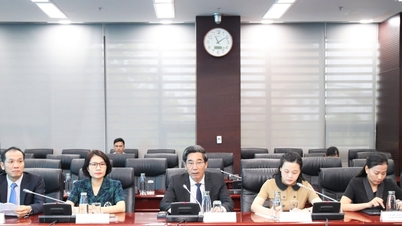

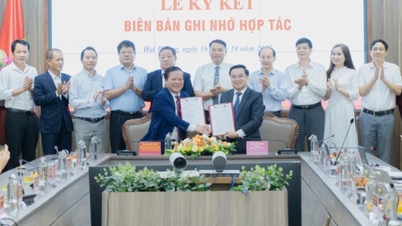

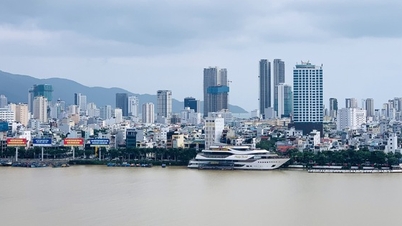

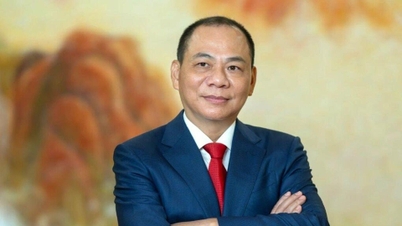


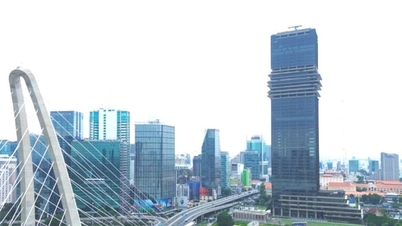






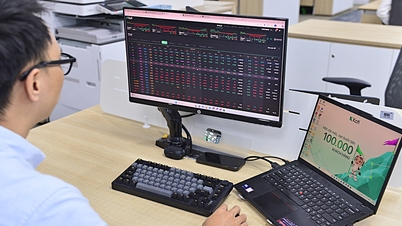
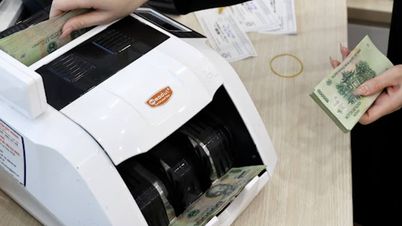
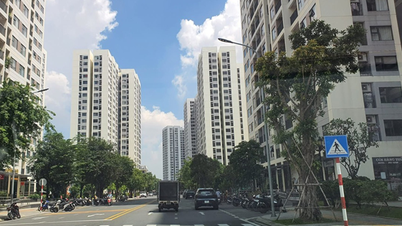
















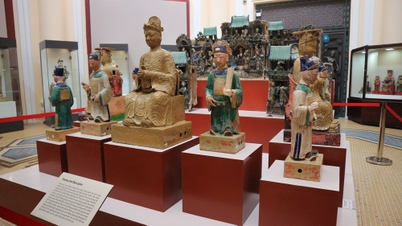










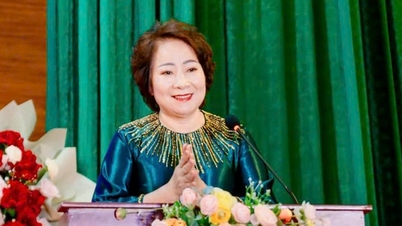









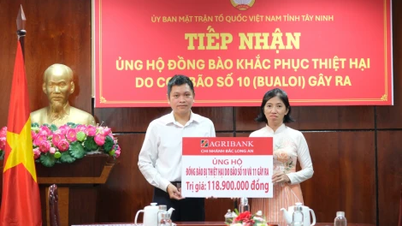








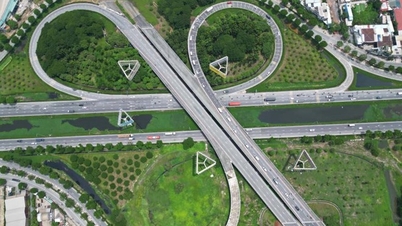

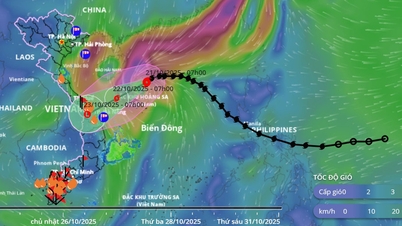







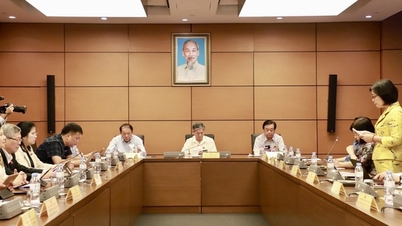





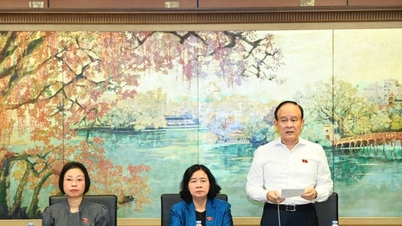
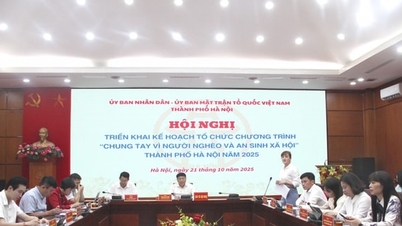
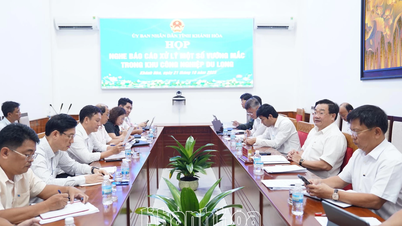

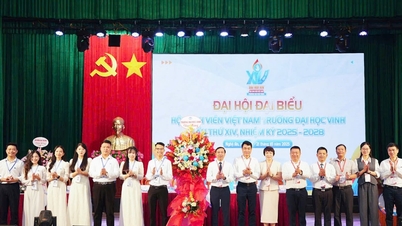

















Comment (0)